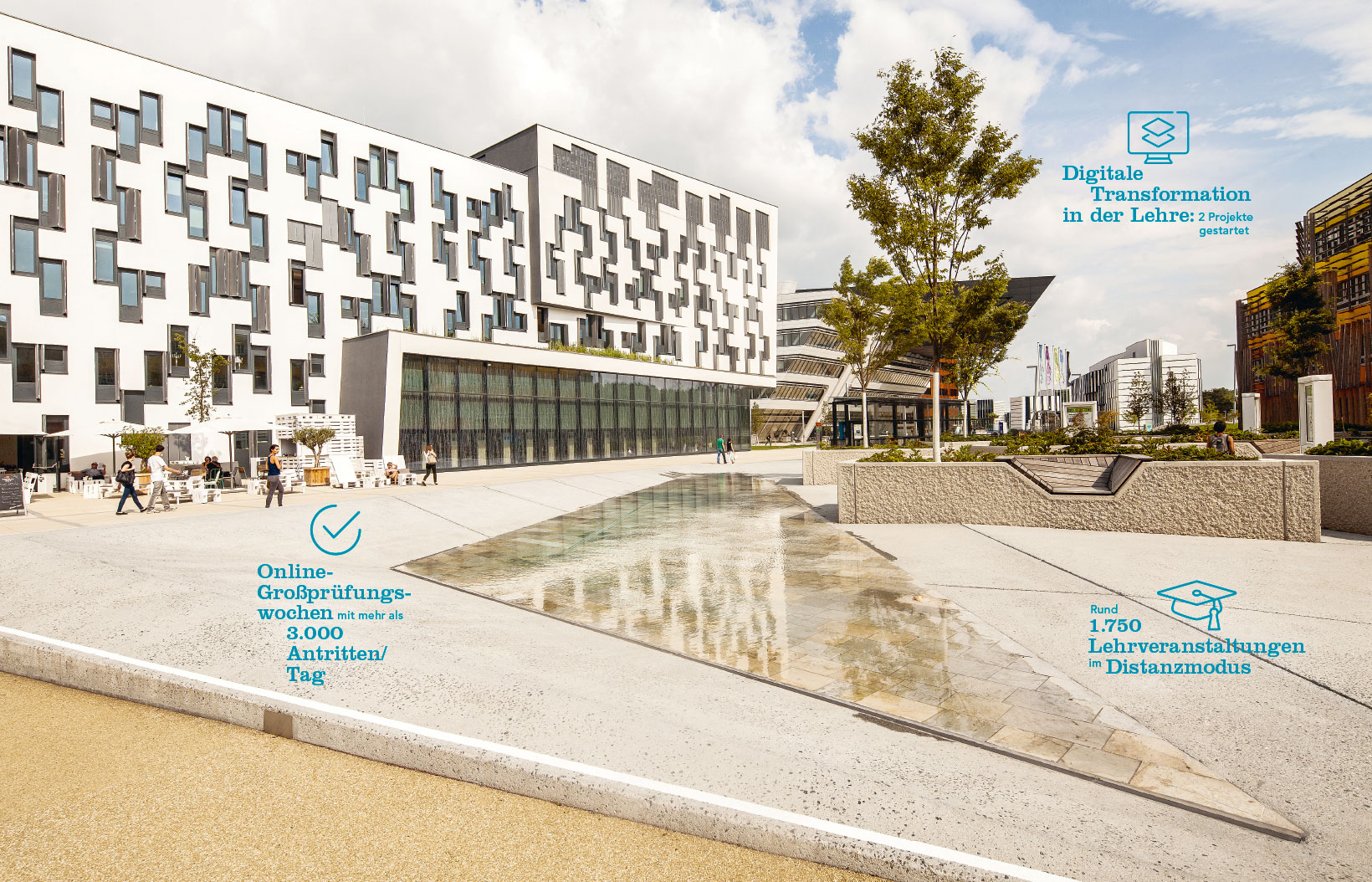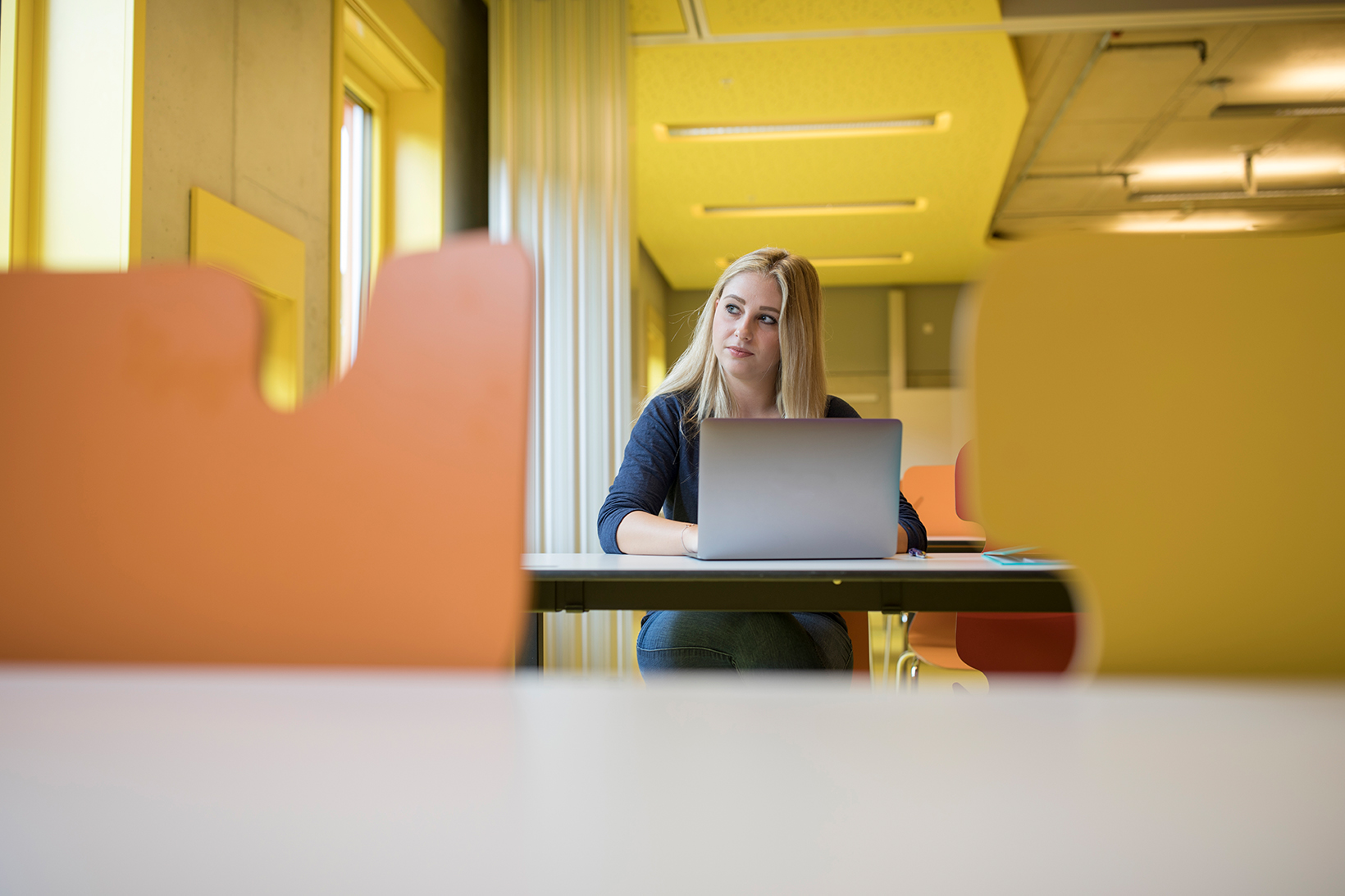
What does the future of studying look like? What kind of new teaching and learning formats will result from technological innovations? These questions have fascinated us for some time already. We have developed ideas for new, digitally supported ways to study and submitted them to a call for proposals from the Federal Ministry of Education, Science and Research on the topic of “Digital and Social Transformation in Higher Education.” Two of our projects were selected for funding.
Mobile First for Students
It has become hard to imagine our lives without smartphones. They’re our phones, appointment calendars, and cameras and they keep us connected with each other on social networks. At universities, students can use their mobile devices to access eLearning services, sign up for courses and exams, and stay up to date on important information, among other things. Many of the more advanced functions of modern smartphones remain largely unused, however.
So we decided to create an app to turn our students’ smartphones into tools they can use to complete as many tasks as possible on campus. The app is being developed as an open source solution so it can also be used by other universities.
Students get involved
We wanted to know what other features students would like to see in the app and participated in the DigiEduHack program with an online hackathon. This event focuses on the future of education in the digital age. WU was one of more than 60 educational institutions and education-related organizations worldwide to participate as a host.
WU Online Hackathon Facts & Figures
- 7 mentors from a wide range of disciplines
- 4 workshops on the necessary skills
- €1,000 in prize money for the winners
The winning team developed a time-management app called EDUbuddy with an integrated buddy and location finder. EDUbuddy uses artificial intelligence to create personalized, optimized schedules for the tasks students need to complete. The Buddyfinder feature helps students create their own networks to form study groups or work on group projects together.

Future Learning Experience Space
In the Future Learning Experience Space (FLEX Space), we explore how cutting-edge technologies can be used to acquire and transfer knowledge. We have created an experimental space for the classroom of the future, where new formats and digital teaching technologies such as virtual or augmented reality can be tested.
We also make successfully tested teaching designs available to other universities. This is a significant step in the field of innovative digital teaching.

